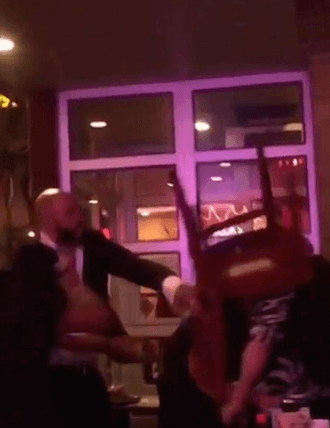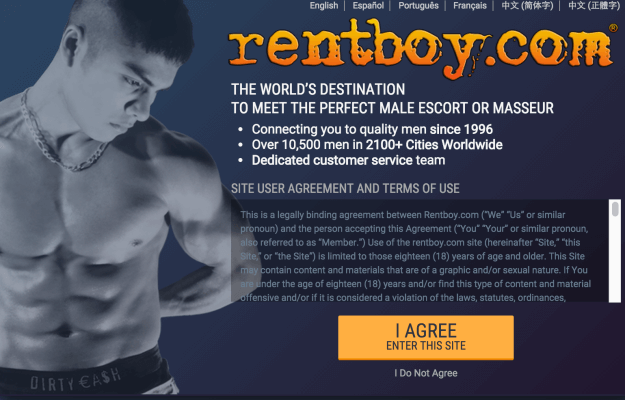TikTok, the popular video sharing social media platform, has confessed to limiting LGBTQ-related content in certain languages and nations with anti-LGBTQ laws in place, an Australian think tank revealed.
The Australian Strategic Policy Institute (ASPI) found that the LGBTQ-related hashtags have been “shadow-banned,” meaning the hashtag quietly gets limited without any announcement.
The hashtag “gay” has been banned in Russian, Estonian, Bosnian, and Arabic, while “transgender” and “transitioning” have been banned in Arabic. The term “I am a lesbian” has been banned in Russian.
The think tank noted that the censorship has a multi-pronged impact: TikTok is censoring LGBTQ hashtags in eight different languages, regardless of a user’s location, while also admitting to censoring the hashtags in different locations.
Video sharing platform ditches queer hashtags in different languages, countries
“As part of our localized approach to moderation, some terms that the ASPI provided were partially restricted due to relevant local laws,” TikTok told the think tank. “Other terms were restricted because they were primarily used when looking for pornographic content.”
A complete list of nations where the hashtags are being banned is not available.
The revelations follow reporting by The Guardian last year that found TikTok’s bid to offer localized moderation led to outright bans on content deemed to be LGBTQ-affirming. The censorship has also expanded beyond LGBTQ issues, as evidenced by TikTok’s rules in Turkey, where the platform banned criticism of Turkish President Recep Tayyip Erdoğan and alcohol-related posts.
Big tech companies have been under fire in recent years for failing to confront homophobia and transphobia with urgency. Facebook came under fire last year for pulling in advertising revenue from US-based evangelical groups like Anchored North, which encourages conversion therapy, though Facebook and Instagram finally moved to ban conversion therapy content this year.
Meanwhile, Gay City News also uncovered Google News’ tendency to elevate anti-LGBTQ articles from fringe far-right sites like LifeSite News and Church Militant.
Other forms of censorship have swept through the web following the passage of FOSTA-SESTA, a law branded as a tool to fight sex trafficking but that wound up spooking websites that were told they would be held accountable for the actions of users active on their sites. That law, which also frightened sex workers who used online spaces as a safe space to screen clients, was viewed as a contributing factor when sites like Tumblr restricted adult content. Craigslist similarly imposed restrictions on certain parts of its site that were known for adult content, including advertising for consensual adult hook-ups.
To sign up for the Gay City News email newsletter, visit gaycitynews.com/newsletter.




































